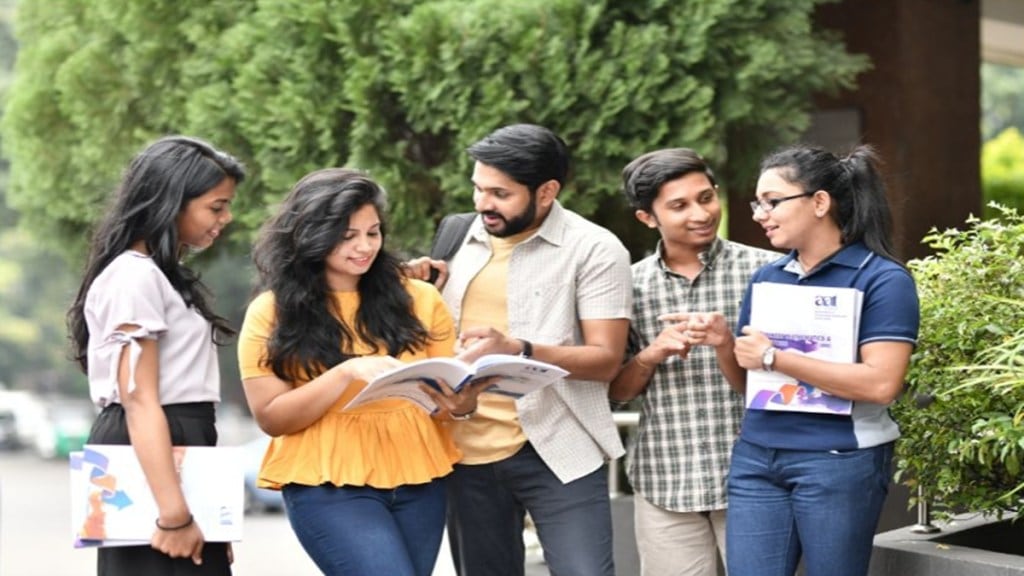US Embassy in India has an urgent message for all Indian students who wish to apply for study visas in the US. In an X post, the embassy wrote – Effective immediately, all individuals applying for an F, M, or J nonimmigrant visa are requested to adjust the privacy settings on all of their social media accounts to public to facilitate vetting necessary to establish their identity and admissibility to the United States under U.S. law.”
All F, M, and J visa applicants are now required to make their social media accounts available for inspection. The provision is designed to allow consular staff to analyze applicants’ online presence for “hostile attitudes” toward the United States.
According to State Department rules, consular personnel will examine profiles for any indications of anti-American sentiment, links to terrorist organizations, or antisemitic behavior. The assessment will cover platforms such as Twitter, Facebook, Instagram, and TikTok.
On May 27, the Trump administration urged its overseas missions to stop scheduling new appointments for student and exchange visitor visa applications, citing the State Department’s plans to expand social media screening for international students.
Last week, the US State Department resumed the student visa application process for foreigners but made it mandatory for all applicants to make their social media accounts ‘public’ for official examination.
According to an internal State Department cable, President Donald Trump’s administration on Wednesday ordered the resumption of student visa appointments while dramatically increasing social media screening to identify any candidates who may be anti-American.
U.S. consular officers must now conduct a “comprehensive and thorough vetting” of all student and exchange visitor applicants to identify those who “bear hostile attitudes toward our citizens, culture, government, institutions, or founding principles “, according to a cable dated June 18 sent to US missions on Wednesday.
The June 18 dated cable, which was sent by Rubio and sent to all U.S. diplomatic missions, directed officers to look for “applicants who demonstrate a history of political activism, especially when it is associated with violence or with the views and activities described above, you must consider the likelihood they would continue such activity in the United States.”
The new vetting approach, according to the cable, should include an investigation of the applicant’s whole internet presence, not just social media activity, with officers encouraged to use any “appropriate search engines or other online resources.”
During the vetting process, officers are encouraged to look for any possible negative information about the candidate.
The new guidelines also allow consular officials to use sites such as LexisNexis and other online databases to create comprehensive digital profiles of applicants. The change dramatically broadens the screening process and imposes unprecedented levels of surveillance on student visa applicants.
Consulates have been asked to prioritize students attending institutions where overseas students account for less than 15% of enrollment. The new prioritization, combined with increased vetting procedures, is expected to put pressure on consular resources, thereby dragging down the application process for many.

